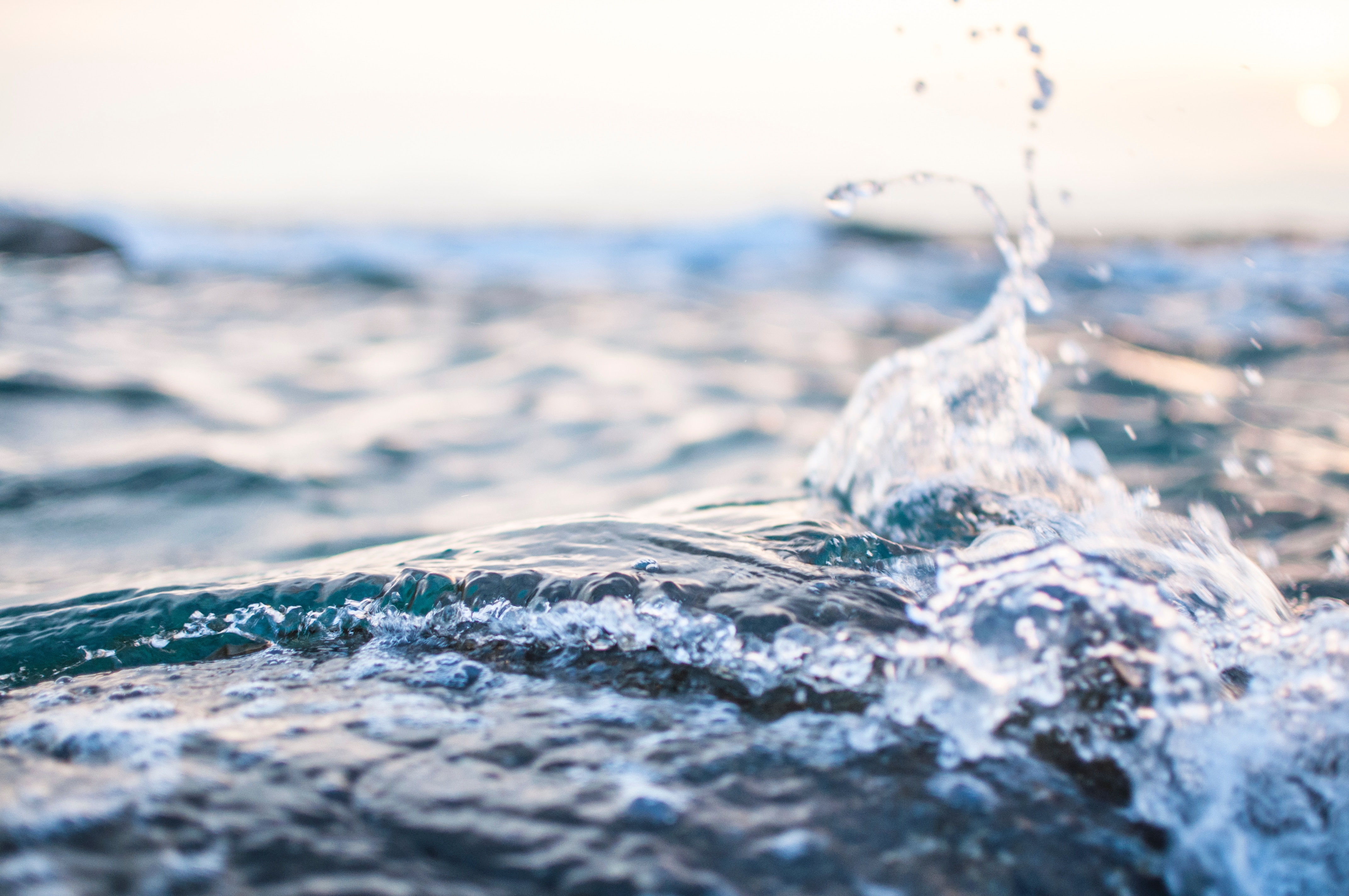Written By: Salvatore Shaw and Hudson Chalmers, Summer Student
With the major increase in temperatures in the city, many of us are looking forward to getting out onto the water. Maybe it is for some boating or sailing on Lake Ontario, or heading up north to a cottage or camping. It’s important to keep in mind that in early June, especially on the bigger lakes, the air might be warm but the water can still be very cold and dangerous to those who are unprepared.
When riding in a boat, there is always the chance of falling overboard. Falling in cold water can be very dangerous. Your body may go into cold shock and may become physically incapacitated, which could lead to drowning. When the body enters cold water, your body will have a number of shock responses, including the loss of breathing control, and an increase of heart rate and blood pressure. Hitting cold water can lead to a reduction of your ability to think and function, which includes disorientation and panic. When cold water cools your muscles and nerves, you may become weaker, become exhausted more rapidly, and eventually lose the ability to use your arms and legs. This may prevent someone who falls in from saving themselves, even if they are strong swimmers. If exposed to cold waters for more than 30 minutes, you may become hypothermic, which means that your body temperature has fallen below 35 degrees Celsius.
To avoid being in a dangerous situation, it is good practice to wear a life jacket while going out on the water. This will prevent your head from going under the water if you start to experience cold shock. It will also make you more visible in the water to other boaters, and will keep your vital organs warmer than the rest of your body. It will keep you afloat while expending as little energy as possible, and will allow you to enter the fetal position, to protect the areas most susceptible to heat loss, including the armpits, sides of your chest, groin, and the back of the knees.
Once out of the water, it is important to return your body temperature back to normal. This can be done by removing the wet clothes, as they inhibit heat retention, and share a blanket with another individual. Applying warm moist towels to the individual’s neck, sides of chest, and groin will also help raise body temperature.
When enjoying water activities, during the summer, especially at the beginning of the season, it is important to take precautions. You should be wearing your life jacket while on the water and other cold water gear. If you have to venture out alone, make sure to tell someone your plan and what time you will be returning and stick to this plan. Every year there are tragic and avoidable accidents that happen on the water. This can be avoided by being aware of the potential risks of cold water.






